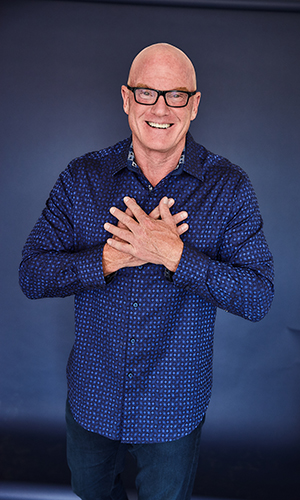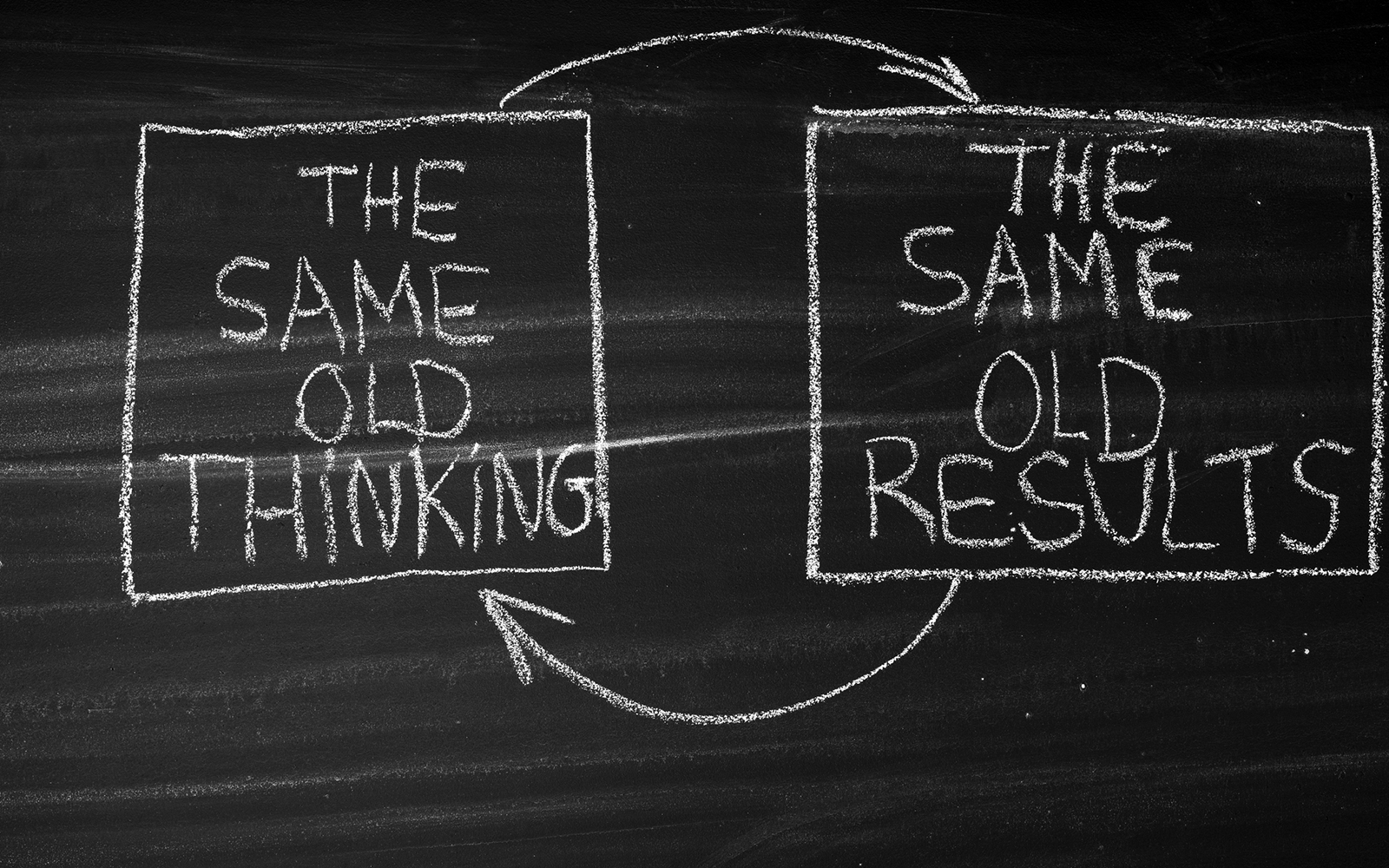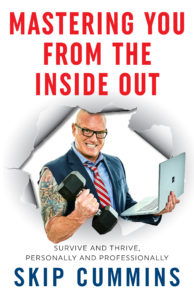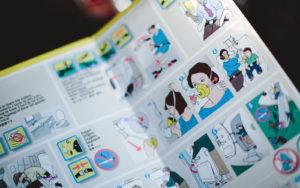What do Oprah Winfrey, Bill Gates, Soichiro Honda, the founder of Honda Motor (cars, motorcycles, etc), and Yoda, the nine hundred year old Jedi master of the Star Wars films have in common? Not only success, but also the knowledge that embracing and learning from mistakes and failures fuels success.
“It’s fine to celebrate success, but it is more important to heed the lessons of failure,” Bill Gates.
“Failure is another stepping stone to greatness,” Oprah Winfrey.
“Success is 99 precent failure,” Soichiro Honda.
“Heeded my words, not, did you? Pass on what you have learned. Strength. Mastery. But weakness, folly, failure, also. Yes, failure most of all. The greatest teacher, failure is,” Yoda.
Success teaches us a lot, but as these and many other successful people know, mistakes and failures teach us more. A lot more. There are two types of mistakes and failures that you can learn from and upon which your success can be based:
- YOUR mistakes and failures, whichare very expensive–personally, professionally, emotionally, spiritually and financially–and from which you learn over a lifetime, or
- OTHERS’ mistakes and failures from which you can learn quickly and will be considerably less expensive if you use them to prevent you from making the same mistakes and failing in the same way.
The single most important lesson that all my successes, accomplishments, mistakes, and failures have taught me is that the only way to have known then what I know now was to have confidantes/mentors who had already experienced what I was about to experience, already made mistakes similar to the ones I was about to make, and already failed in similar ways as I was about to fail. So I could learn from them. And fuel my success with their mistakes and failures instead of my own.
Throughout most of my life, I never really used mentors or confidants. There are many reasons why. First was my programmed reliance on me, myself, and I. Second was probably ego. I didn’t admit to myself that I could use help in the form of someone else’s knowledge and experience. Another reason is that I didn’t understand the extent to which I needed help. Personally and professionally. Until eighteen months ago, when I discovered that I needed a been there, done that, seen many successes, mistakes, and failures consultant, confidante, and mentor to help me master me from the inside out, and write my book and create my program to help you master you from the inside out.
One of the many things I know now thanks in large part to writing this book is what for me constitutes the “right” versus “wrong” mentor or confidante. My list of traits for the “ideal” mentor or confidante is provided below as a guide for you to develop your list.
1. They have highly relevant, broad, and deep personal and professional experience. Meaning they’ve been there, done that when it comes to where I’ve been, where I am, and where I’m going in life.
2. They are willing to share their successes, but more importantly, their mistakes and failures with me.
3. The more successful you are personally and professionally, the more people you will intimidate. You will be surrounded by “yes” men and women. As a result, my ideal mentor/confidante is a person who is willing to tell me what I don’t want to hear and provide me with a perspective completely different than mine.
4. Their only relationship with me is as a mentor or confidante. We don’t work together. We don’t socialize together. We don’t have common friends, etc.
5. Our relationship is completely confidential. They don’t disclose our relationship or anything we’ve talked about to anyone without my permission.
6. They don’t judge me.
7. I trust them and as a result, feel comfortable telling them everything and Anything about my personal and professional lives.
8. Their goal is simply to share with me all their relevant experience to facilitate me making the best, most informed decisions possible. They mentor me by asking me a lot of questions and providing me with all their relevant experience. To use the old fishing adage, they watch me fish, they ask me a lot of questions about my fishing plans, goals, and techniques, and they provide me with all of their relevant fishing successes, mistakes, and failures. Then they let me do the fishing. They don’t fish for me. They don’t tell me how to fish and they don’t getoffended if I don’t fish “their way.”
Think about how many people’s lives are impacted by the thousands of decisions each of us makes personally and professionally throughout our lifetimes. The number of lives each of us touches is staggering. The right confidantes/mentors help us make better decisions. The better our decisions, the more we improve the staggering number of lives touched by those decisions. And the more abundance of all kinds—emotional, personal, intellectual, professional, and financial—we create and share.
For more information read Chapter 17, “Mentors, Confidantes and OPM” in my book, Mastering You from the Inside Out, survive and thrive personally and professionally,” or go to my website www.skipcummins.com.

Skip has lived a life full of opportunities of a lifetime at full throttle, following his maybe wrong but never in doubt philosophy. A life full of extraordinary successes and accomplishments, devastating tragedies, and spectacular mistakes and failures. All of which he owns, has embraced, is grateful for and from which he has learned many valuable lessons. Skip hopes to use his experiential knowledge to help you Master You, personally and professionally.





